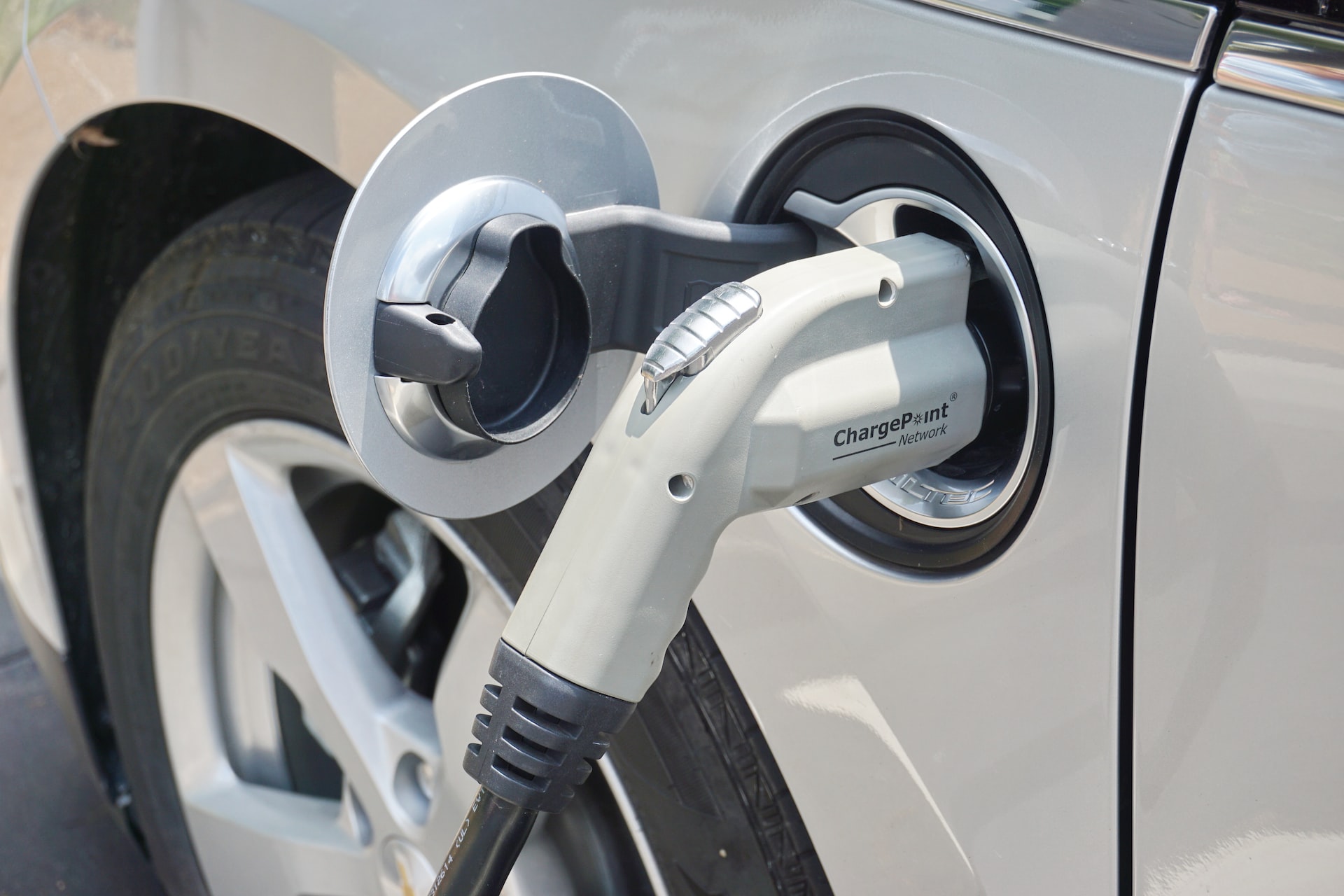There are a lot of people who choose electric vehicles solely because they are better for the environment than the alternatives.
Although electric cars can save oil and reduce carbon dioxide emissions, they will not change the future significantly as far as oil use or greenhouse gas emissions are concerned. Almost all of the world’s oil is used for things like aircraft, buses, big trucks, and mining equipment required to get copper for electric cars.
Even though driving an electric car is relatively low in carbon emissions, producing the electricity to charge its battery adds plenty to the environment. Most of America’s electricity is generated through the burning of natural gas and coal.
So should you buy an EV? It might be an academic point if car companies stop producing traditional combustion vehicles. But here are five reasons to wait.
EVs are still pricey
You might be surprised when you look at the sticker price if you haven’t spent any time shopping for EVs. While electric cars range in price, even the more affordable models can cost around $35,000 to $50,000, on par with a new gasoline car or truck.
In order to get a luxury option, you may have to spend upwards of $100,000. EVs are becoming cheaper as technology advances, but you will still pay $10,000 to $50,000 more than you would for a gas-powered car with similar features.
Range anxiety
Electric vehicles have been improving their range but they still have some limitations and may not be suitable for longer commutes.
Most of the models range between 60 to 120 miles per charge while luxury models reaching ranges of 300 miles per charge.
It is important that you keep in mind that when you are running your air conditioning, driving at higher speeds, and keeping all your gadgets plugged in, you are wearing down your battery and thus will get fewer miles.
If you know your daily commute is limited, and it is for most people, this might not be a problem. For some drivers, however, EVs are a non-starter for this reason alone.
Charging is still slow
The process of filling up your car with gas at a gas station takes just a few minutes before you are able to pay and drive off on your next adventure.
Electric vehicles take much longer to recharge, hours in many cases, and the investment of time and planning may put some people off. It takes around four hours for most electric cars to recharge their batteries but some take nearly a day.
There are quick charge models, but that tends to degrade battery life and is probably best to avoid unless you’re in a pinch.
Where will you charge your new EV?
In large cities with many electric vehicle users, there will be charging stations all over soon enough. And most daily drivers will rely on a home charger for most “fill ups” of their EV batteries.
You may have difficulty, however, finding a charging station when you go on a road trip or visit family in a rural or suburban area. There also can be more EVs that need charging than available chargers, not to mention people who park their gas cars in EV slots, either maliciously or accidentally.
Look up charging station maps in the area where you live and where you frequently travel so that you can make sure that your new EV can be charged when you need it.
Battery replacement is expensive
Although owning an EV can reduce maintenance hassles such as oil changes, it can also result in high costs later in the ownership cycle.
A typical battery installed in a modern electric vehicle should be changed every three to 10 years.
The average cost of a replacement battery pack is between $2,000 and $10,000.
You might be ready to move on and buyer an newer EV, but the market value of their old EV with the worn-down battery will be limited.


